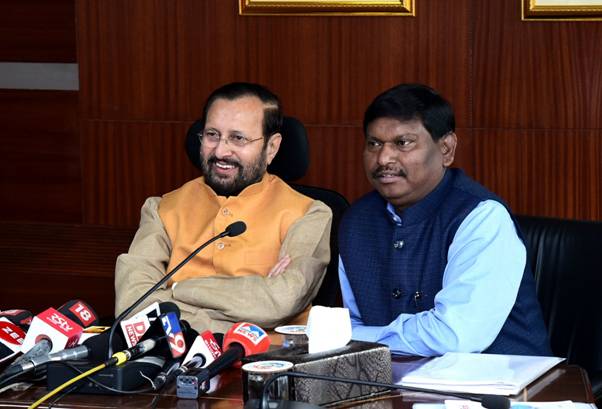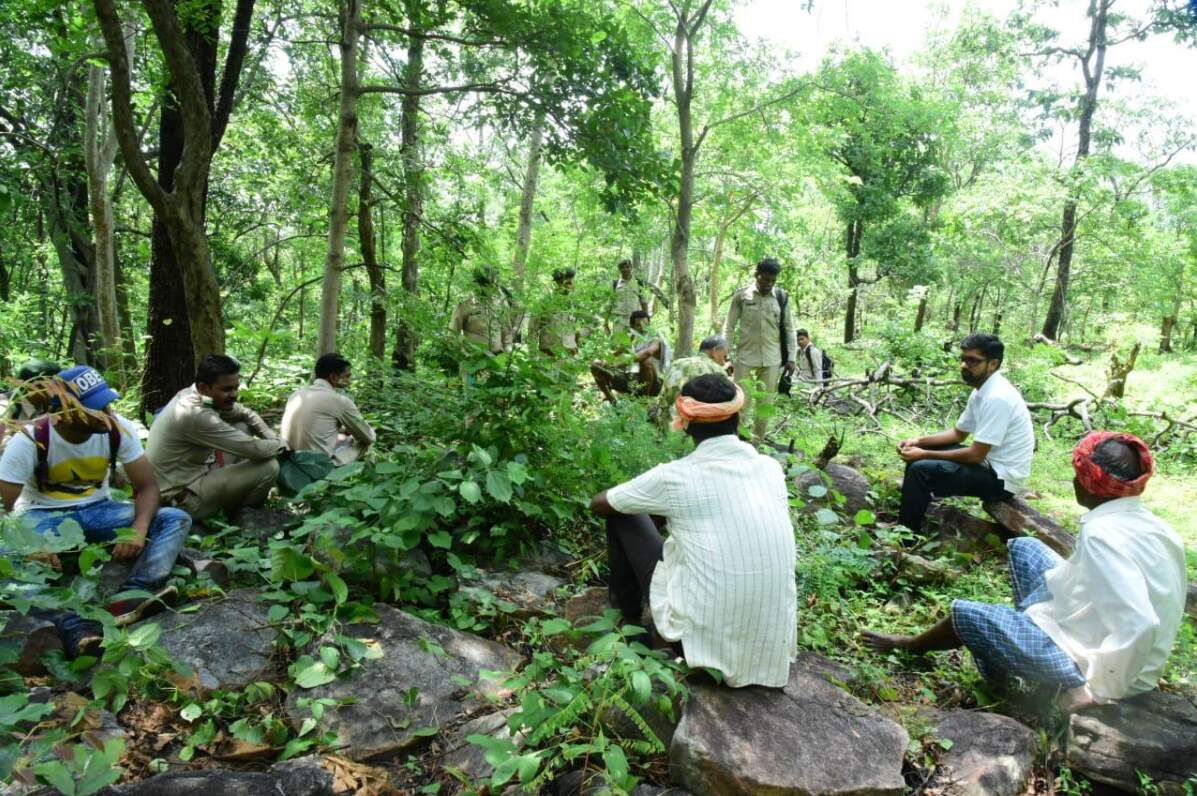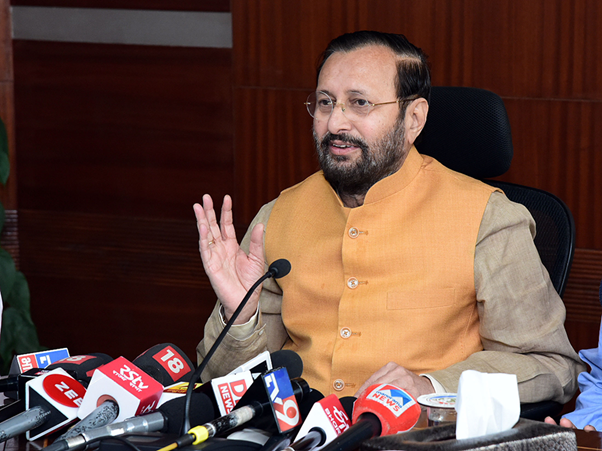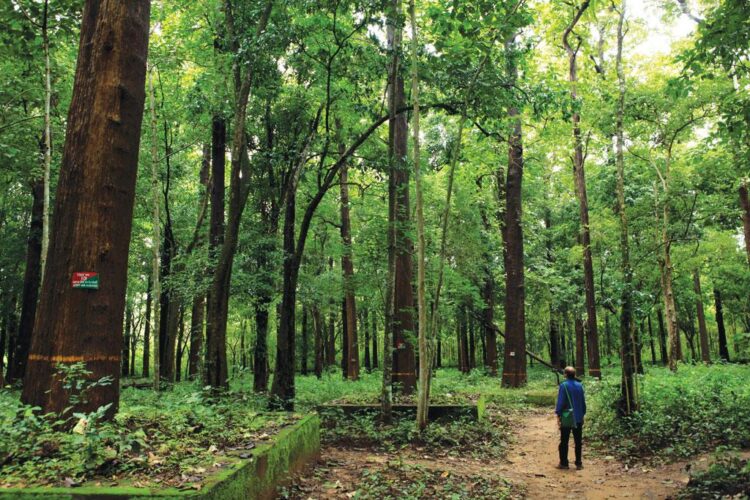In its endeavor to amend the Indian Forest Act of 1927, the ministry of environment, forest and climate change (MoEFCC) has invited bids from firms, consulting agencies, joint ventures, and consortiums.
The ministry has released this call in their first interest (EOI) expression on the 8th of April, 2021. They released their second expression of interest on 22nd June 2021.
The selected party will suggest amendments to the Act with the consultation of State Governments/UT Administrations, Central Government ministries, and other stakeholders.
“Probably because of the second wave of Covid-19, we did not receive as many responses from law firms. More importantly, we are looking for firms with experience in litigation related to IFA.
People who have dealt with cases related to IFA in courts may be better placed to draft the amendment,” an official from the forest division of MoEFCC under the condition of anonymity said to HT Times,

The government is keen on completing the process this year and is considering it as an urgent matter of business.
The official added, “We got some applications by academics, but they have no experience of ground realities and the shortcomings of the Act. We hope to complete the amendment process this year.”
This attempt of government as per the contemporary needs of the society, the EOI states.
It aims at basically “focusing on decriminalizing relatively minor violations of law, expeditious resolution through compounding relatively small offenses, reducing the compliance burden on citizens, rationalization of penalties, preventing harassment of citizens, de-clogging the criminal justice system, expanding and improving the use efficiently of resources” and promoting people participation and ease of doing business.”

The Indian Forest Act of 1927 is one of the most significant laws concerning the country’s forest sector and the idea of its amendment started gaining root in 2017 when MoEFCC released its first ordinance in front of the public which was kept very short to perceive its reaction, noted the EOI.
Based on the response, the MoEFCC realized that a more insightful amendment could be brought into force which will also include “elements such as the provision of graded penalty, removing difficulties in trade and transit of forest products across States, or across national borders to encourage forest sector economic growth in the country, encouraging especially non-government actors/ private sector/ civil society/ individuals to take up afforestation/tree planting and/or to develop/manage private forest on non-forest lands on their own, and incorporating pragmatic legal provisions already made in State forest laws and State amendments in the Indian Forest Act so &at all States benefit similarly.”
Hence, on March 7, 2019, the MoEFCC released its first descriptive draft for the proposed changes in the Indian Forest Act of 1927 which was soon withdrawn by the government on November 15, 2019, through the announcement of the Minister of environment, forest and climate change, Prakash Javedkar.

Javedkar said, that this draft was not meant to be for the amendment of the law and people have misunderstood the meaning of the draft.
He added, “Eleven states have created their forest laws. A study was done to see if these laws can be improved. But people thought this study was the government’s draft to amend the Indian Forest Act. The government has no such intention.”
The government has been talking about bringing these amendments for quite a long time now. In 2014, the government formed a higher-level committee led by former cabinet secretary T.S.R Subramanian.
This committee would have been responsible for bringing changes to the six important laws of the country.

According to an article published in Mongabay India, they prepared a detailed report however, due to massive protests as it was accused of harming the interests of the forest dwellers and in support of the privatization, no further action was taken upon it.
Experts have been always hesitant about these amendments of the Indian Forest Act of 1927. Kanchi Kohli, legal researcher at, Centre for Policy Research said, “The IFA has a 100-year legacy. It has shaped the ownership, access to, and distribution of forests and forest produce.
It also manifests itself in the political contestations between various government departments, the forest bureaucracy, holders of forest rights, and forest workers.

Its amendment is as much about reconciling law as it is about realigning power equations.”
She believes that there is no need to change the structure of the IFA and it won’t do justice also.
“Any process to amend the IFA has to move away from the hierarchies of the past and understand the conservation challenges of the future, including that of climate change,” Kohli added.
The proposal is to be submitted at the Reception Of the Indira Paryavaran Bhawan, New Delhi before the 2nd of July, 2021. The offer will be valid for three months in the beginning and can extend later specifies the EOI.
Also Read: EPA’s $5 million plan to fund environmental justice initiatives
















